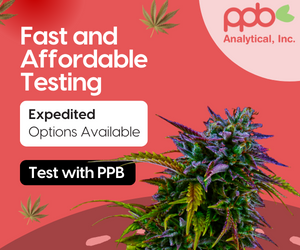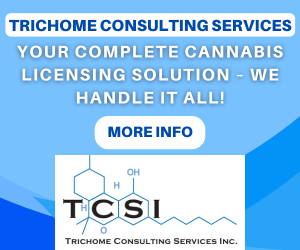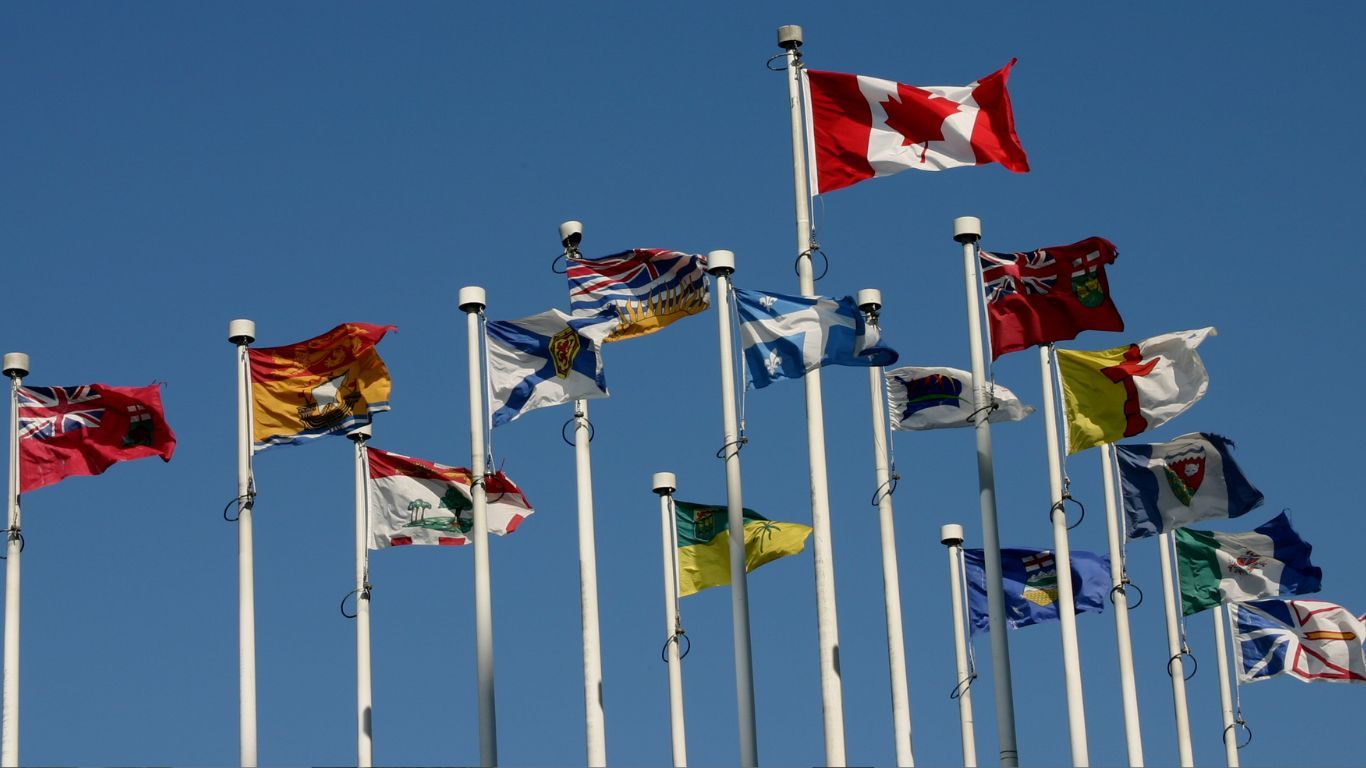
On August 5, 2020 Health Canada released a notice that it was deferring the 2020-2021 2.3% annual fee (on gross revenue) that it charges cannabis license holders for the services it provides the industry (Cannabis Fees Order). This is a positive step to help the industry cope with the negative consequences related to the COVID-19 global pandemic. However, there are still several issues related to this cost recovery regime.
While there was a consultation exercise seeking the views of stakeholders regarding a potential deferral, the industry was practically unanimous in asking for a cancellation for the fee order for the year. Why, well there are two main reasons:
- There has never been an explanation as to how Health Canada determined that the figure of 2.3% on gross revenue would cover Health Canada operations related to the regulation of the industry. This is important given the government’s Service Fees Act (Act) states that it is not allowed to make a “profit” via cost recovery. It is not clear (other than seeking larger fees) as to why gross revenue and not net revenue was part of the calculation. The industry is still waiting for an explanation.
- The Act also states that any cost recovery regime must be accompanied by service standards (e.g. how long does it take Health Canada to provide a response, approve a certain function, etc.). Since the Cannabis Fees Order was introduced in late 2018, no service standards or even a consultation regarding these standards have occurred – approximately 20 months since the regime came into force.
Ask a Parliamentarian, and they would argue that in the absence of service standards, the 2.3% levied against gross revenue really then functions as a tax and Parliament is the only body that can levy a tax. Is this an obscure argument? Not really when you consider that the legalization of cannabis was an Act of Parliament – not by Health Canada.
Why then do service standards matter. Considering the myriad of regulations a Licensed Holder has to navigate in order to operate its business, they become very important given approvals from Health Canada take an inordinate amount of time.
Ask a Parliamentarian, and they would argue that in the absence of service standards, the 2.3% levied against gross revenue really then functions as a tax and Parliament is the only body that can levy a tax. Is this an obscure argument? Not really when you consider that the legalization of cannabis was an Act of Parliament – not by Health Canada.
For example – the department requires certain individuals of a Licensed Holder to be “security cleared”. This clearance includes a criminal record check (which can be done in under a minute) and a local law enforcement check – which does take longer. For this a company has to pay $1,600 plus GST – an added fee over and above the 2.3%.
Another example is that Health Canada issues export and import permits. The fee is small ($610 plus GST – again in addition to the 2.3%) but on average it can take 8 weeks to issue such a permit. And a permit has to be applied for every single time a product is being imported or exported, regardless if it is going to the exact same place and company.
While these examples are minor, and I will avoid the larger discussion of contradictory regulations that add to an unfair regulatory burden (i.e. it is easier to operate a nuclear facility than a cannabis operation) they do illustrate the necessity to have service standards in place. This is to enure transparency so that businesses can plan accordingly instead of waiting and hoping information/approval will be provided in a timely manner.
To be clear, the industry recognizes the need for such a program but clear service standards must be attached to it. While this is a very new industry (and it does need to mature) it is not as if Health Canada has no experience in developing and administering service standards for other regulated industries.
For instance, when a company submits a pharmaceutical for review (to ensure health and safety), Health Canada lists approximately 80+ different steps/requirements (depending on the product) in which it provides specific fees and timelines associated with the review/approval. Further, Health Canada publishes its performance against current standards annually in the Departmental Results Report and invites stakeholders once a year to meet and discuss areas of interest associated with the fees including cost containment measures.
I agree with the overarching mandate of the cost recovery regime: “The objective of the Cannabis Fees Order is to recover the Government’s regulatory program costs under the cannabis framework by fairly charging those that benefit from the new legal market, thereby reducing costs to taxpayers.”
The question then becomes, what is fair given this is an industry that produces medical products, is regulated, employs approximately 8,000 Canadians across the country, and contributed about $8 billion to Canada’s GDP in 2019.
I just want to have the discussion.
Op-ed by Ivan Ross Vrana, a co-Chair at the Canadian Chamber of Commerce National Cannabis



































